Mr Andrews K. Baah, deputy Director of the Capacity Development Directorate of the Public Procurement Authority (PPA) has stated that the use of the Ghana Electronic Procurement System (GHANEPS) would help in reducing the corruption related issues in the procurement processes.
The system for e-GP in Ghana is known as the Ghana Electronic Procurement System (GHANEPS).
It's implementation originates from June 2011 when Price Water House Coopers was engaged as consultants for the systematic development of an e-GP in Ghana.
In 2017, a firm was chosen through an international competitive tendering process to partner with the government in providing a system with full end-to-end e-GP functionalities.
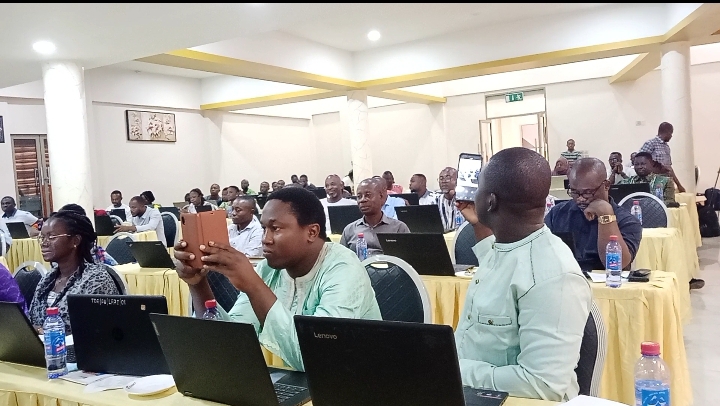
The application was developed with the inputs of five pilot Government Entities. The five selected entities were the Department of Feeder Roads, Ghana Cocoa Board, Ghana Health Service, Koforidua Technical University and Tema Metropolitan Assembly.
On 30th April, 2019, Vice President His Excellency Dr Mahamudu Bawumia launched GHANEPS.
Speaking at the closing ceremony after a five day training of 63 procurement officers across all the sectors in Sunyani on Friday June 9, Mr Baah explained, "Many African Countries are adopting electronic procurement systems to improve public sector governance and move beyond traditional paper bases procurement."
The countries that have adopted and implemented e-GP in Africa include, Tanzania, Zambia, Zimbabwe Kenya Rwanda and Tunisia.
"Ghana's adoption of the e-GP can generate benefits for both government, procurement practitioners as well as the private sector", he added.
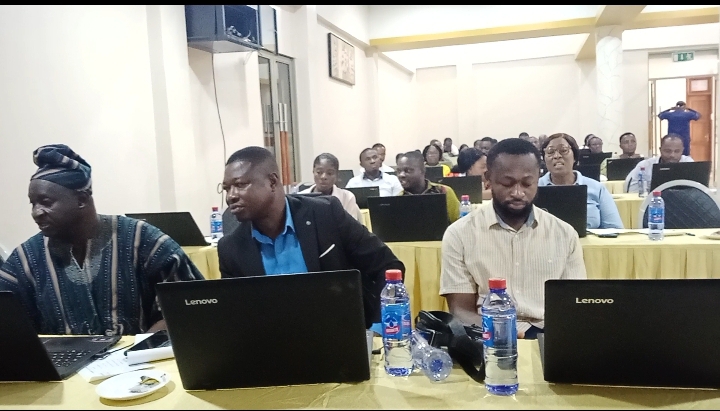
"The electronic procurement system will improve governments ability to generate data and analyze performance in capital budget spending in real time, thus increasing transparency in government procurement."
"The use of the Open Data Contracting System helps improve efficiency and effectiveness, subsequently leading to achieving value for money and the detection of corruption collusive, fraudulent and coherent practices", Mr Baah stressed.
The implementation of e-GP, according to him leads to lower prices of goods, works and services because of increased competition.
He added, an increased competition would also create the opportunity for small businesses which were previously unavailable in the manual public procurement process.
In addition, e-GP streamlines the procurement processes leading to massive minimization in the public procurement space.
Sixty three (63) procurement officers across all the sectors in Sunyani, the Bono regional capital were taken through the 5-days training program.
Sompaonline.com/Akua Nyarko


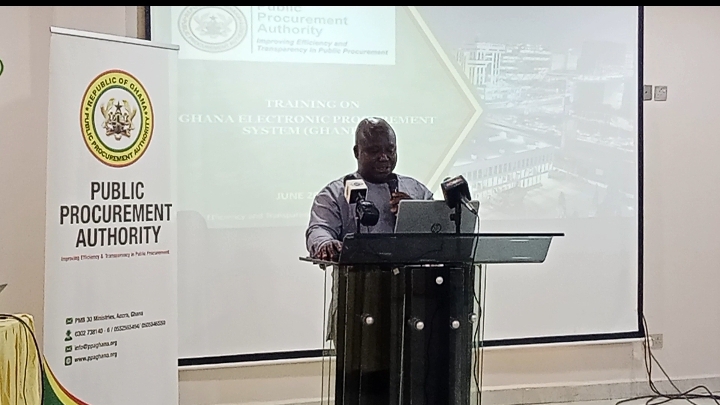



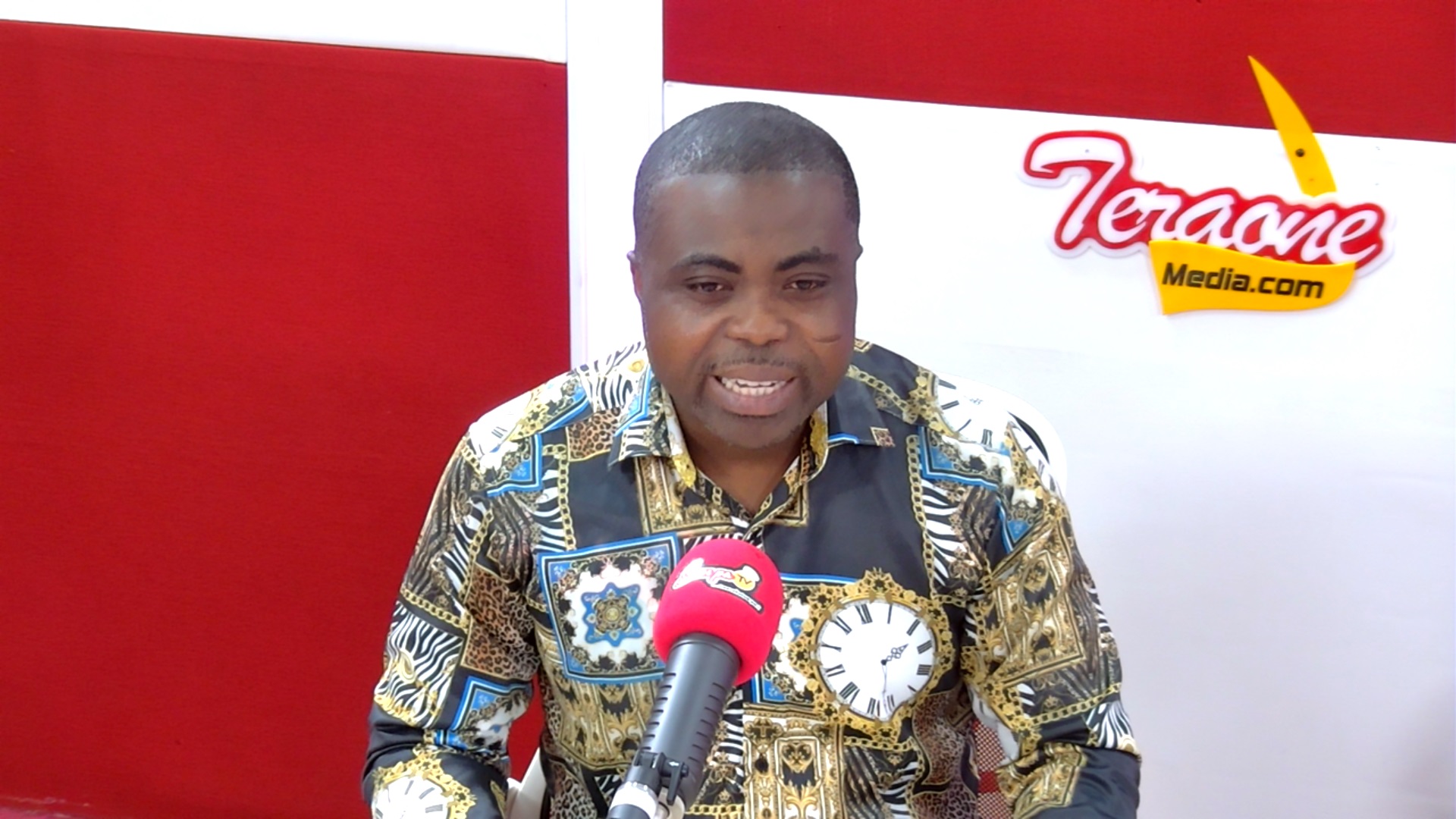
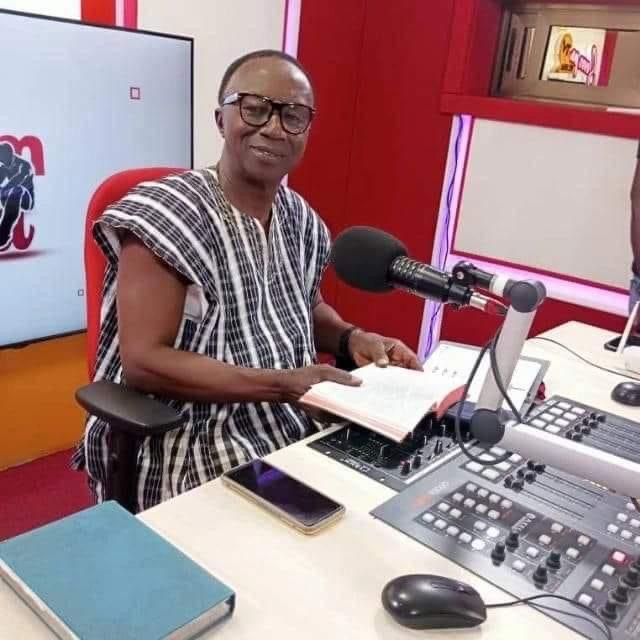






 Sompaonline.com offers its reading audience with a comprehensive online source for up-to-the-minute news about politics, business, entertainment and other issues in Ghana
Sompaonline.com offers its reading audience with a comprehensive online source for up-to-the-minute news about politics, business, entertainment and other issues in Ghana